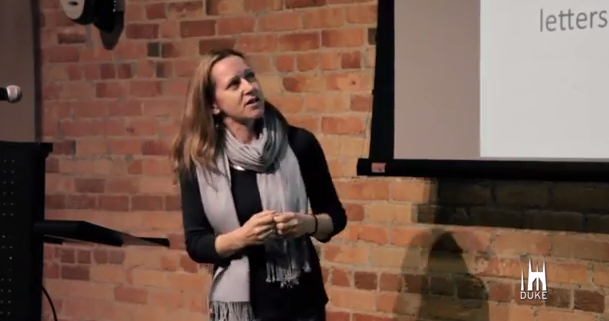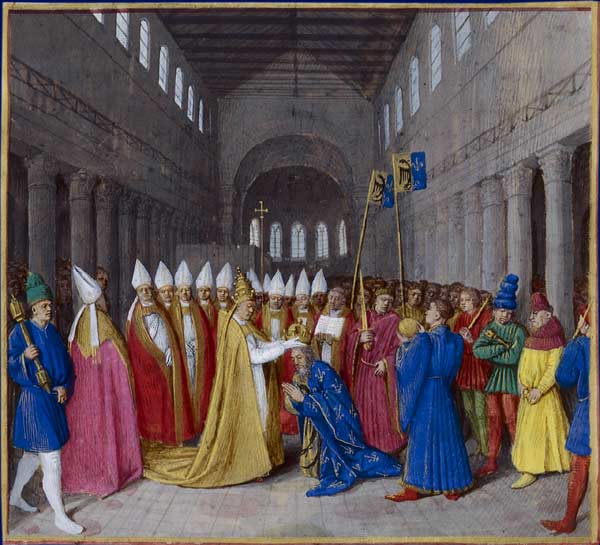Corbie in the Carolingian Renaissance
This study opens with a historical account of Corbie from its foundation until the reign of Charles the Simple, which clarifies the political importance of the abbey and its relations with rulers and bishops.
Scholars, Teachers and Students in Early Medieval Europe: Towards a Total Network
This talk, part of a larger project, is concerned with intellectuals (scholars, teachers and their students) active in the late eighth through ninth centuries, a period usually referred to as the Carolingian Renaissance.
Charlemagne: A Frank Analysis of Imperialism in the 8th and 9th Centuries
Charlemagne has been approached by historians because of the pivotal role he fills as the Father of a Continent. His kingdom spread across Europe and renewed the culture of the Western World; a “mini-Renaissance” that shifted the focal point of Europe away from crumbling Rome.
Behind the Veil: The rise of female monasticism and the double house
In this thesis I aim to restore the contemporary views of female monasticism that have been marginalized in current historiography. By evaluating the primary source material on women in monasticism, I intend to recapture the complex links between female religious communities and the wider social, cultural and political world of the Frankish kingdoms.
Exegesis According to the Rules of Philosophy or the Rule of Faith?: Methodological Conflict in the Ninth-Century Predestination Controversy
The development of biblical exegesis, as Contreni shows, was rapid, but not homogeneous. On the one hand, one of the main ways to acquire biblical wisdom was to rely on the interpretations and teaching of the Holy Fathers, whose texts were studied, assimilated, simplified, collected, and taught. On the other hand, Alcuin’s revival of the liberal arts6 paved the way for the rise of another method of biblical exegesis.
Christian Living Explained: Alcuin’s De virtutibus et vitiis liber in a Carolingian Instructional Manual
Another paper from the yesterday’s SESSION I: Lived Religion in the Middle Ages. This paper focused on Alcuin of York’s contribution to the standardisation of Carolingian Christian texts for pastoral instruction.




